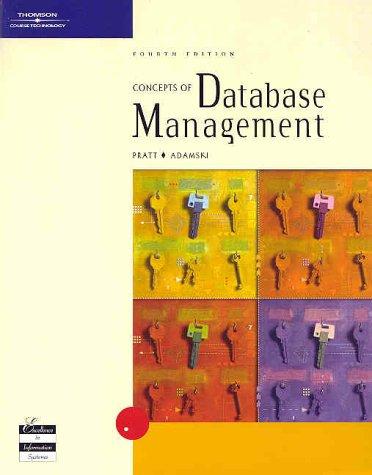Answered step by step
Verified Expert Solution
Question
1 Approved Answer
Ruby is a fan of radix-sort! Given n two-digit numbers in base n, she wants sort the numbers using radix-sort which would need two calls
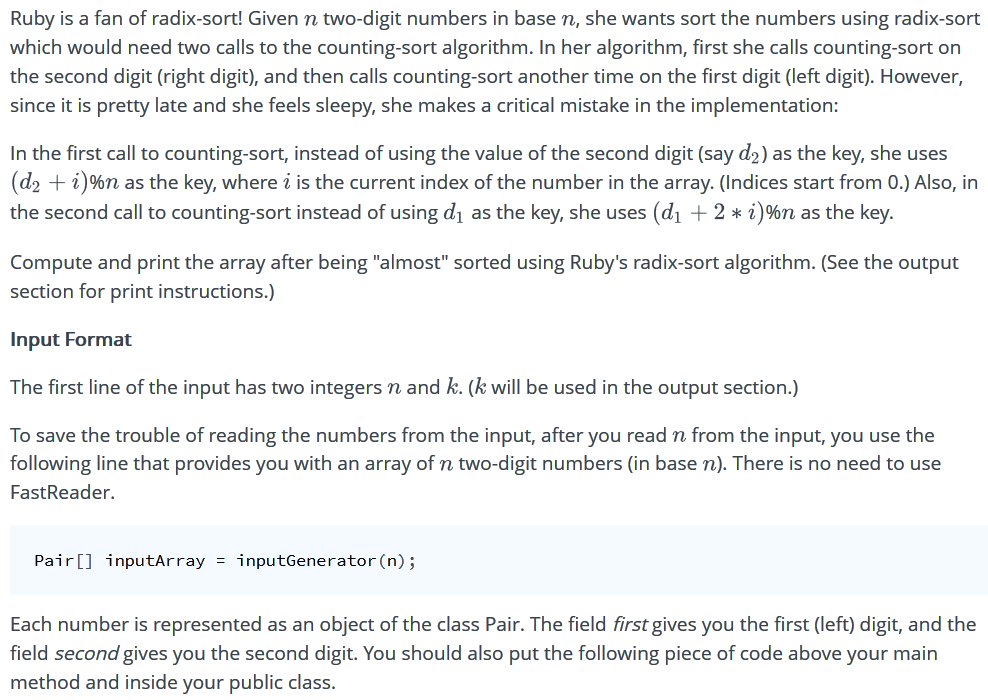
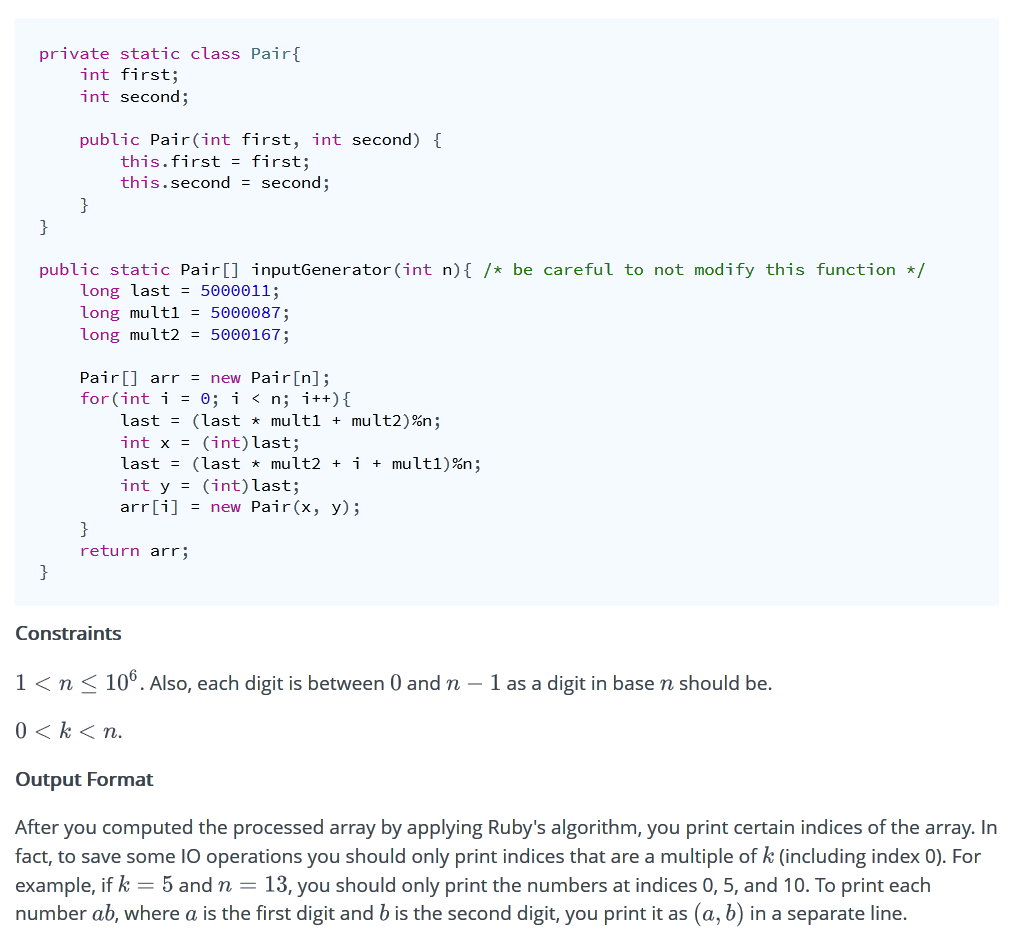
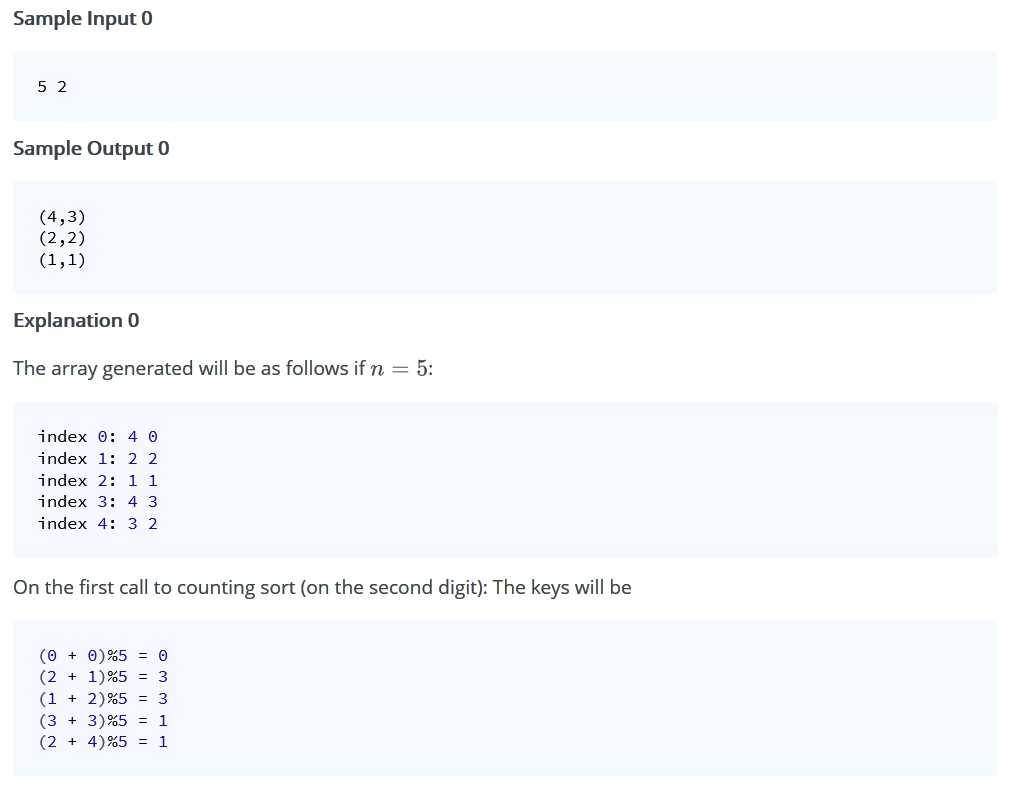
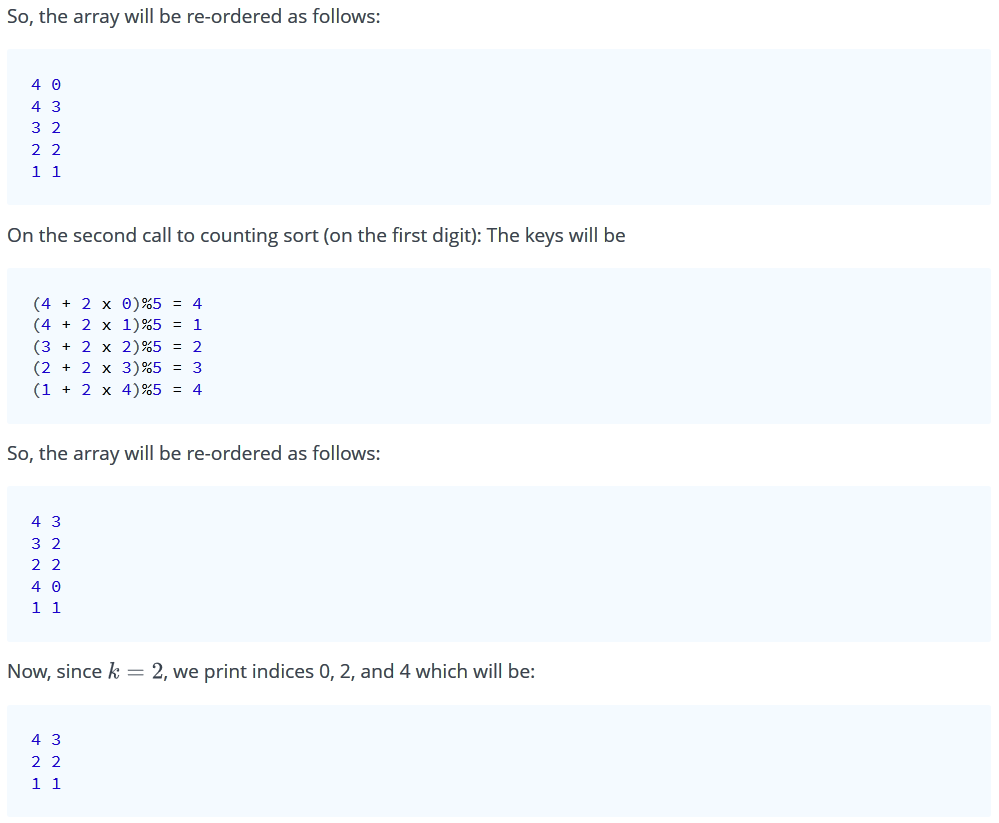
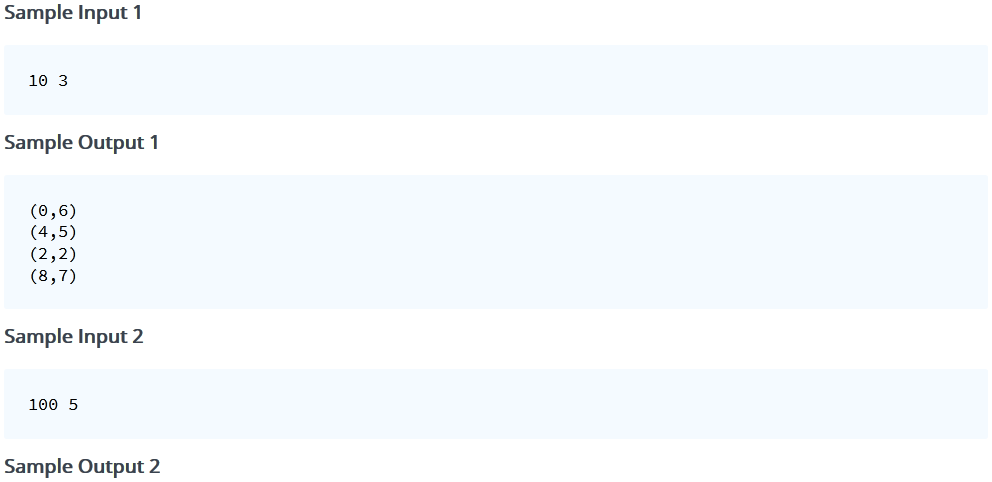

Step by Step Solution
There are 3 Steps involved in it
Step: 1

Get Instant Access to Expert-Tailored Solutions
See step-by-step solutions with expert insights and AI powered tools for academic success
Step: 2

Step: 3

Ace Your Homework with AI
Get the answers you need in no time with our AI-driven, step-by-step assistance
Get Started


